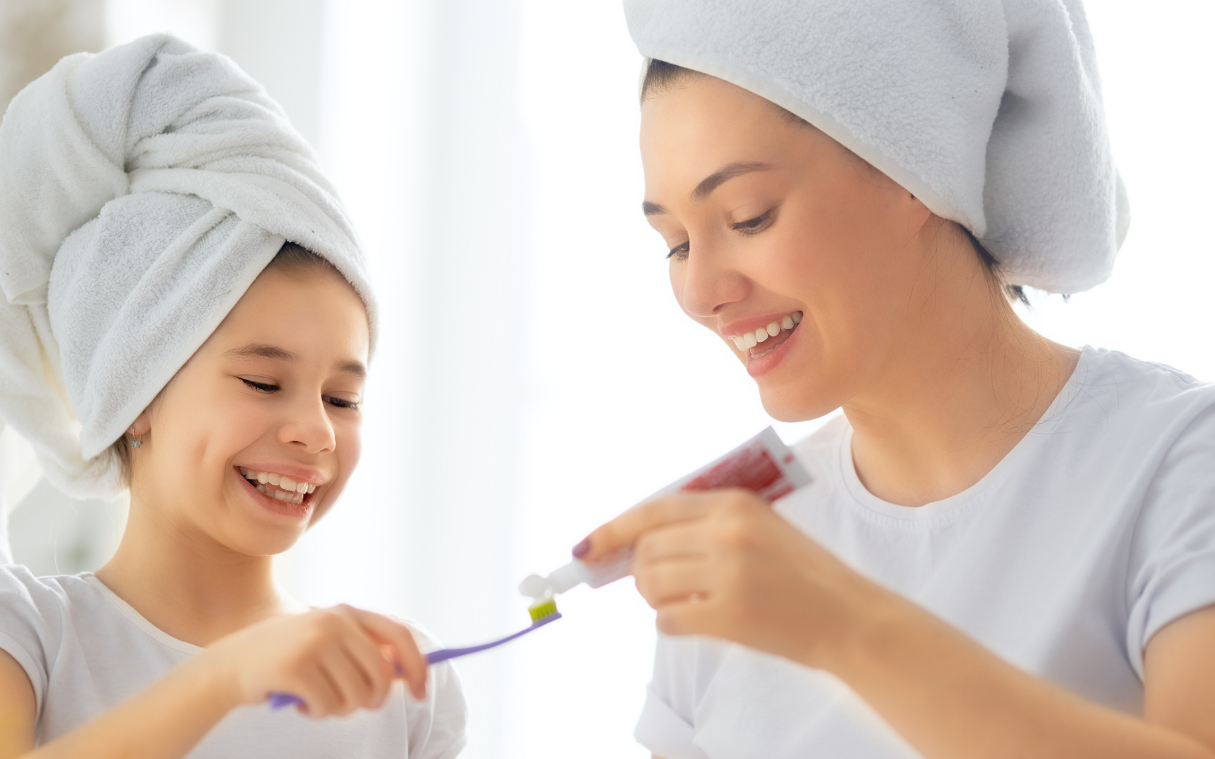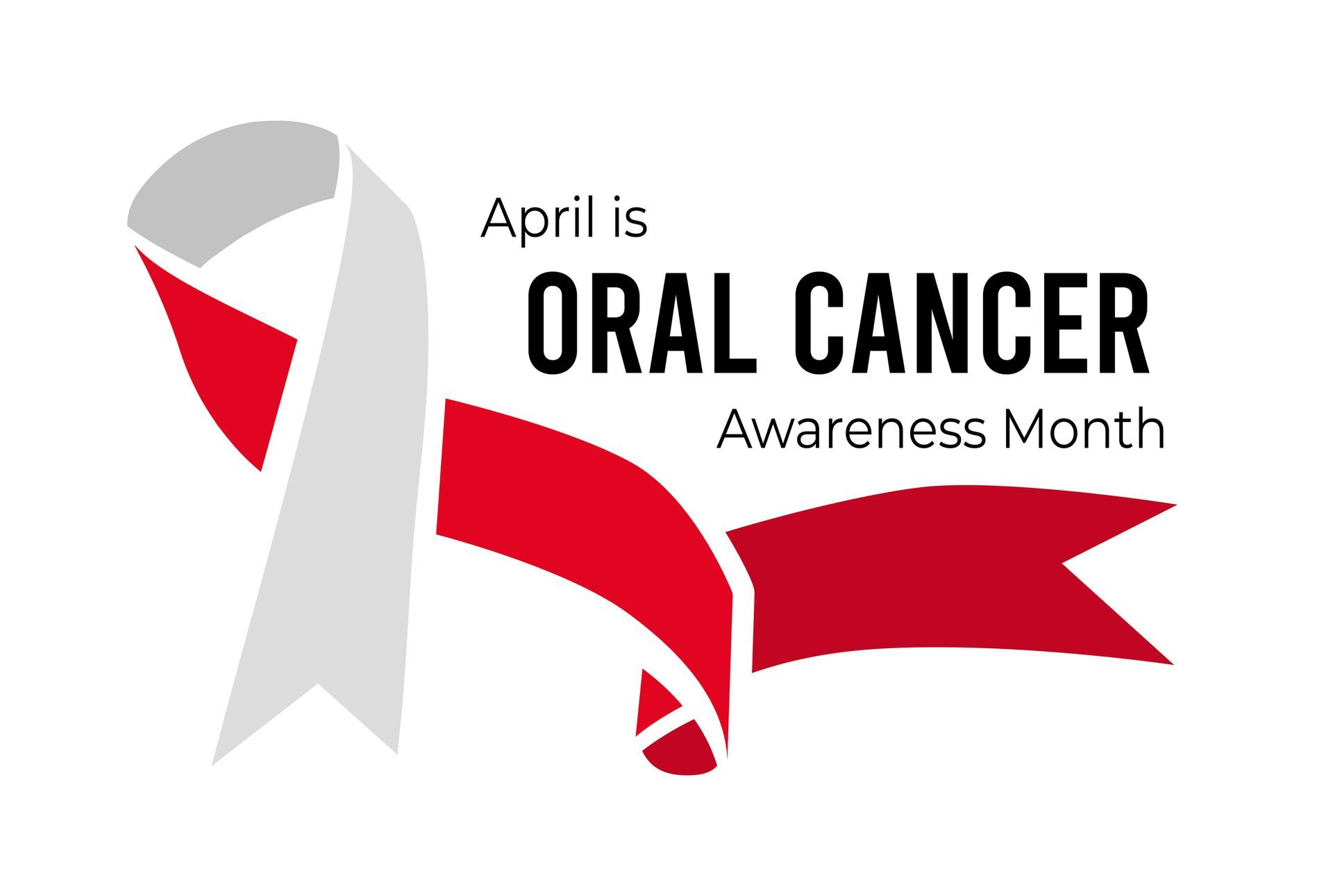How Often Should I Brush My Teeth?
Oral hygiene is a crucial aspect of our daily routine, and brushing your teeth is at the forefront of maintaining a healthy smile. But how often should you brush your teeth to ensure optimal oral health? The answer may not be as straightforward as you think, as it depends on several factors. In this article, we will discuss the recommended brushing frequency, considerations, and best practices for maintaining a radiant and healthy set of teeth.

The Basics
1. Twice a Day:
Dentists worldwide recommend brushing your teeth at least twice a day, once in the morning and once before bedtime. This routine helps remove plaque and food particles that can accumulate during the day and night.
2. Timing Matters: Brushing for a full two minutes each time is essential. Use a soft-bristle toothbrush and fluoride toothpaste for maximum effectiveness.
Factors to Consider
1. Diet:
Your diet plays a significant role in determining how often you should brush your teeth. If you consume sugary or acidic foods and drinks frequently, you may want to brush more often to prevent tooth decay.
2. Age: Children and adults may have different oral care needs. Young children may need supervision to ensure they brush correctly, while adults might need additional attention to gum health.
3. Dental Health: If you have specific dental issues, such as gum disease or braces, your dentist may recommend a different brushing schedule tailored to your needs.
4. Smoking and Alcohol: Smoking and excessive alcohol consumption can harm your oral health. If you engage in these habits, it’s advisable to brush more frequently.

Best Practices
1. Proper Technique: Brush gently but thoroughly, using circular motions. Don’t forget to clean your tongue and the roof of your mouth.
2. Change Your Toothbrush: Replace your toothbrush or toothbrush head every 3-4 months, or sooner if the bristles show signs of wear.
3. Flossing: Daily flossing is equally important as brushing, as it helps remove plaque and food particles from between your teeth.
4. Mouthwash: Consider using an antimicrobial mouthwash to further enhance your oral hygiene routine.
5. Regular Dental Checkups: Even if you maintain an excellent brushing routine, regular dental checkups are vital for catching potential issues early and getting professional cleanings.
In conclusion, the frequency at which you should brush your teeth primarily depends on your individual circumstances, including diet, age, and overall oral health. However, as a general guideline, brushing your teeth at least twice a day for two minutes each time is a good starting point for maintaining a healthy smile. Remember that a well-rounded oral hygiene routine, which includes flossing, mouthwash, and regular dental checkups, is key to achieving and preserving optimal oral health. Consult with your dentist for personalized recommendations tailored to your specific needs. With consistent care, you can enjoy a beautiful and healthy set of teeth throughout your life.




